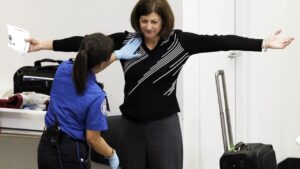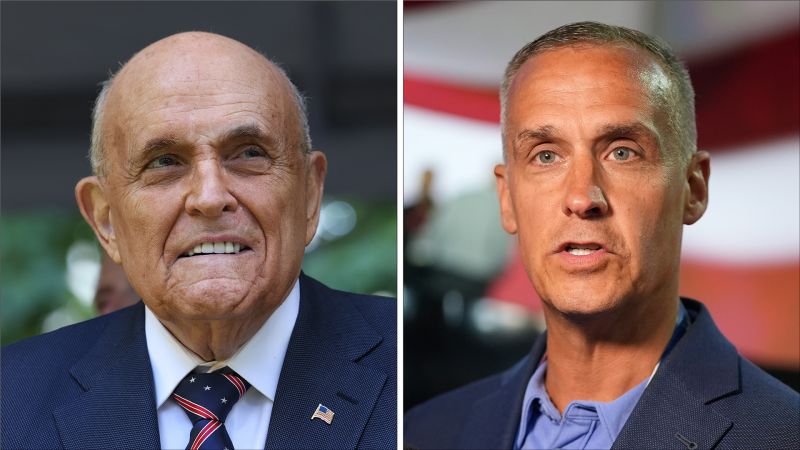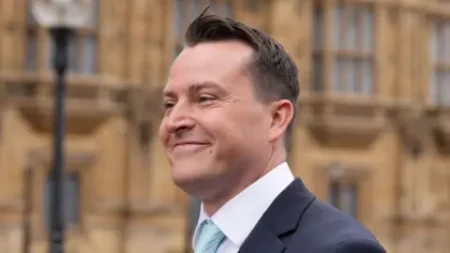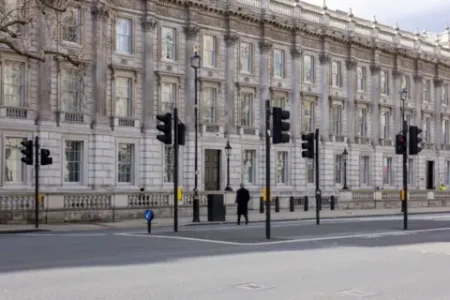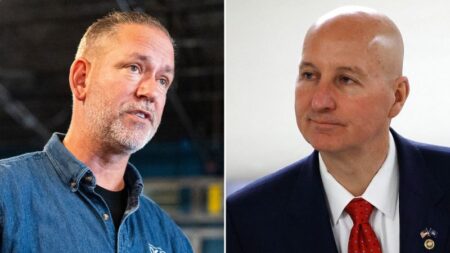On a notable Tuesday, President Donald Trump unveiled his appointments to a newly formed advisory council within the Department of Homeland Security (DHS). This announcement coincided with the larger context of Trump’s ongoing presidential actions, laying the groundwork for what he terms “America First” policies. The council includes a diverse range of figures, such as right-wing news commentator Mark Levin, former New York City mayor and Trump’s former attorney Rudy Giuliani, and various ex-lawmakers alongside seasoned campaign advisors.
According to a joint statement from President Trump and Homeland Security Secretary Kristi Noem, the objective of this advisory council is clear—it is intended to offer “real-time, real-world and independent advice on homeland security operations.” Established initially in 2002, the council also seeks to adapt to the nuances of contemporary security challenges while aligning with the current administration’s objectives. This proactive stance reflects Trump’s inclination towards a more personal and politically aligned approach to national security advisory roles.
The energy surrounding the formation of the council can be summarized by the significant influence of Giuliani, who previously spearheaded efforts to challenge the results of the 2020 presidential election. His position in the council is particularly intriguing given his recent legal challenges, including a defamation lawsuit filed against him by two Georgia election workers—a case that ultimately resulted in a jury verdict against him in Washington, D.C. This dichotomy between Giuliani’s advisory role and his ongoing legal issues symbolizes the controversial nature of Trump’s inner circle and its approach to governance.
A press release accompanying the announcement emphasized the expertise drawn upon for the new council: “This new-look, America First HSAC will draw upon a deep well of public and private sector experience from homeland security experts committed to fulfilling President Trump’s agenda.” The commitment to harness specialized knowledge indicates a strategy to navigate the complexities of homeland security with a heightened focus on political loyalty and ideological alignment, which may steer policymaking away from traditional bipartisan considerations.
Among those named in the advisory council’s composition is Corey Lewandowski, a figure well-known for his role as a leader during Trump’s 2016 campaign. Presently, he serves as a chief advisor to Secretary Noem, further underscoring the intertwining of political strategy with national security concerns. His involvement suggests that the council will not only focus on security issues but will continue to reflect Trump’s broader campaign ethos.
The political landscape is further enriched by the inclusion of South Carolina Governor Henry McMaster, who has been appointed as the chair of this advisory council. The governor’s leadership is anticipated to bring a localized perspective, grounded in state governance while integrating national security issues into the provincial context. In addition to McMaster, the council is also expected to comprise various government officials, legal professionals, and security experts, along with niche figures such as the founder of “Bikers for Trump.” This eclectic assembly indicates Trump’s strategy to not only focus on traditional experts but also to engage a grassroots element that could resonate with a broader base of support.
The council is scheduled to hold its inaugural meeting early next month, marking the beginning of its advisory efforts under the current administration. Given the controversial nature of its members and the broader implications of their agendas, this gathering is anticipated to serve as a significant landmark for Trump’s ongoing influence in shaping national priorities in the realm of homeland security. The outcomes of this council’s deliberations will likely reflect the administration’s ongoing tactical shifts as well as its political ambitions in an ever-evolving landscape.


